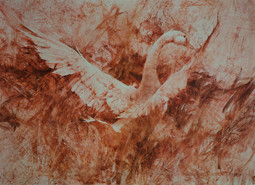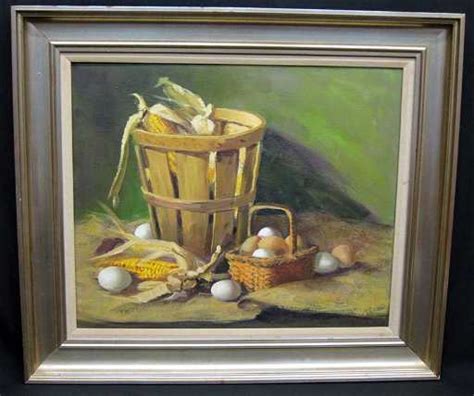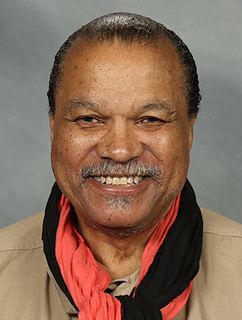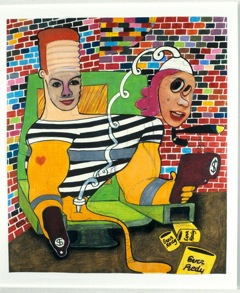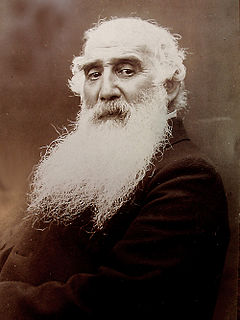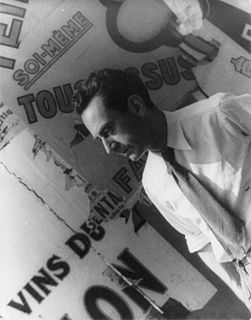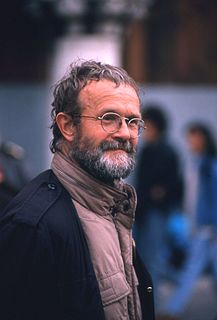A Quote by Richard Schmid
Whenever I can, I paint the powerful and obvious things in my subject first.
Related Quotes
The word 'abstract' comes from the light tower of the philosophers. One of their spotlights that they have particularly focused on 'Art'. [Abstraction was] not so much what you could paint but rather what you could not paint. You could not paint a house or a tree or a mountain. It was then that subject matter came into existence as something you ought not have.
Painting allows me to use other portions of my brain pleasurably. Irony plays no part in what or how I paint. I paint the particular subject matter not to make polemical points but because I am interested in the human imprint on the landscape. I paint the landscape of my time and place with the stuff in it.
What makes a subject difficult to understand ? if it is significant, important ? is not that some special instruction about abstruse things is necessary to understand it. Rather it is the contrast between the understanding of the subject and what most people want to see. Because of this the very things that are most obvious can become the most difficult to understand. What has to be overcome is not difficulty of the intellect but of the will.
In [the soul] one part naturally rules, and the other is subject, and the virtue of the ruler we maintain to be different from that of the subject; the one being the virtue of the rational, and the other of the irrational part. Now, it is obvious that the same principle applies generally, and therefore almost all things rule and are ruled according to nature.
I have witnessed and greatly enjoyed the first act of everything which Wagner created, but the effect on me has always been so powerful that one act was quite sufficient; whenever I have witnessed two acts I have gone away physically exhausted; and whenever I have ventured an entire opera the result has been the next thing to suicide.
Drama is the most difficult of all arts. In it two things are to be satisfied - first, the ears, and second, the eyes. To paint a scene, if one thing be painted, it is easy enough; but to paint different things and yet to keep up the central interest is very difficult. Another difficult thing is stage - management, that is, combining different things in such a manner as to keep the central interest intact.
